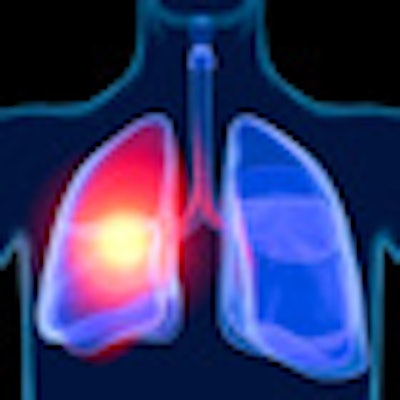
The list of systemic conditions influenced by periodontal disease appears to be growing longer every day. Now a new study has found an association between respiratory disease and periodontal disease (Journal of Periodontology, August 2011, Vol. 82:8, pp. 1155-1160).
Respiratory infections, such as pneumonia and the exacerbation of chronic obstructive pulmonary disease, involve the aspiration of bacteria from the oropharynx into the lower respiratory tract, the study authors noted.
If periodontitis enhances the risk of respiratory disease, dentists and periodontists could play a significant role in overall prevention, they added.
The researchers, from two dental schools in India, looked at a group of 100 hospitalized patients with respiratory disease at the Government Medical College and Hospital in Kerala between April 2004 and November 2004. They also included 100 age-, sex-, and race-matched controls, all new patients at the outpatient clinic in the department of periodontics at the same hospital.
“It's difficult to do a periodontal exam on patients who are in the hospital because of severe respiratory disease.”
— Frank Scannapieco, DMD
The researchers considered the patients' age, sex, socioeconomic status, and lifestyle. Socioeconomic status variables included education and monthly household income, while lifestyle characteristics included a history of smoking and past dental treatment.
The study authors compared standardized measures of oral health, including the gingival index, plaque index, and simplified oral hygiene index. They also recorded probing depths and clinical attachment levels at four sites per tooth.
Patients with respiratory disease had significantly poorer periodontal health, gingival inflammation, deeper pockets, and higher clinical attachment levels compared with the controls, the researchers found.
"The findings of the present analysis substantiate a potential association between periodontal disease and respiratory disease, indicating a positive correlation between poor periodontal health and the risk of developing respiratory disease," the authors wrote.
Dentists and periodontists could play a significant role in preventing respiratory disease by increasing efforts to prevent periodontitis and arresting the progression in already afflicted patients, they added.
Evidence growing
These findings are unique because the researchers actually performed periodontal exams on patients, according to Frank Scannapieco, DMD, a professor and the chair of the department of oral biology at the University at Buffalo School of Dental Medicine who has also conducted research in this area (Journal of Periodontology, January 2001, Vol. 72:1, pp. 50-56).
"It's difficult to do a periodontal exam on patients who are in the hospital because of severe respiratory disease," he told DrBicuspid.com.
Although these findings are not particularly surprising, they do add another layer to existing evidence, he added. However, the link between the two conditions has not been established in a definitive manner and more research is required, he noted.
For example, a study that shows the effect of dental treatment on the disease would be useful, but that would be very expensive and would require a lot of patients, Dr. Scannapieco explained.
The study authors also noted the need for further research, including prospective longitudinal studies comparing respiratory disease rates in institutionalized patientswith and without periodontal disease and interventional studies to assess the effect of periodontal therapy on respiratory disease in these patients.
This area of research has come a long way in the past few decades, Dr. Scannapieco said. When he first started doing research on the link between periodontal disease and respiratory condition in the 1980s, it was difficult to get funding because people did not realize the seriousness of this connection.
Now people understand these connections more and there is more awareness, he said.
"One of the main problems we have is that medical and nursing professions do not teach much about oral health," Dr. Scannapieco said. "It would be very useful if they could become more knowledgeable about oral health."



















